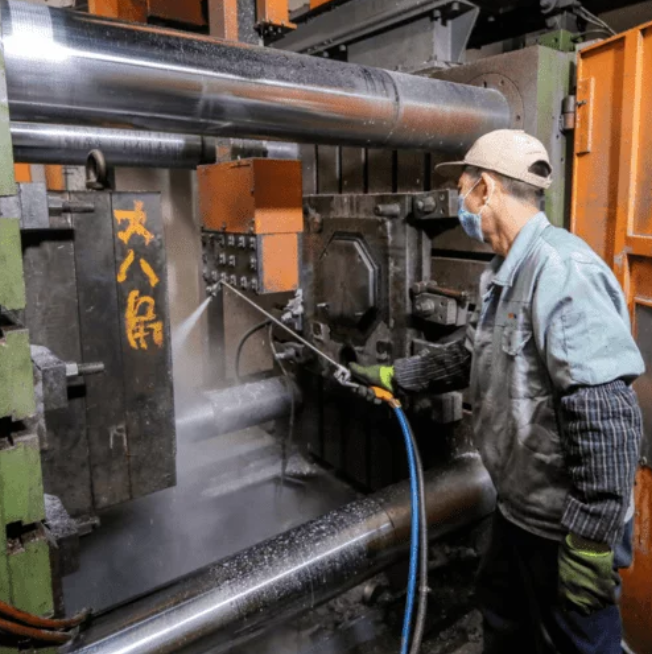Introduction:
In the world of precision engineering, the choice of materials is crucial to ensure the highest quality and accuracy in the final product. Among various materials available, magnesium has emerged as a superior choice for die casting. With its exceptional properties and numerous advantages, magnesium die casting has revolutionized the precision engineering industry. This article explores the reasons why magnesium die casting is considered the superior choice for precision engineering.
1. Lightweight and Strong:
One of the most significant advantages of magnesium die casting is its lightweight nature combined with excellent strength. Magnesium is the lightest structural metal available, weighing only a third of aluminum and one-sixth of steel. Despite its low density, magnesium offers impressive strength-to-weight ratio, making it an ideal choice for precision engineering applications. Its lightweight nature facilitates easier handling, transportation, and assembly, while its strength ensures durability and reliability.
2. Excellent Dimensional Stability:
Precision engineering demands high accuracy and dimensional stability in the manufactured components. Magnesium die casting offers exceptional dimensional stability, ensuring that the final product maintains its shape and precise measurements under varying operating conditions. This property is particularly beneficial for industries such as aerospace, automotive, and electronics, where tight tolerances are critical for optimal performance.
3. Superior Heat Dissipation:
Heat dissipation is a crucial factor in precision engineering, especially in applications involving high temperatures or electronic components. Magnesium possesses excellent thermal conductivity, allowing for efficient heat dissipation. This property prevents the buildup of excessive heat, thereby extending the lifespan and performance of the precision-engineered components. Magnesium die casting is widely used in industries such as telecommunications, power generation, and automotive, where efficient heat management is essential.
4. Exceptional Machinability:
Magnesium boasts exceptional machinability, allowing for precision in the manufacturing process. It can be easily cast into complex shapes and intricate designs, enabling the production of intricate precision components with tight tolerances. This versatility makes magnesium die casting an ideal choice for various industries, including medical devices, consumer electronics, and industrial machinery.
5. Corrosion Resistance:
Corrosion can significantly affect the performance and lifespan of precision-engineered components. Magnesium die casting possesses excellent corrosion resistance, making it suitable for applications exposed to harsh environments, chemicals, or moisture. Proper surface treatments and coatings further enhance its resistance to corrosion, ensuring longevity and reliability.

6. Enhanced Electromagnetic Shielding:
As electronic components become increasingly prevalent in precision engineering, the need for effective electromagnetic shielding arises. Magnesium exhibits excellent electromagnetic shielding properties, reducing electromagnetic interference (EMI) and ensuring the optimal performance of electronic devices. This advantage makes magnesium die casting a preferred choice for industries like telecommunications, aerospace, and defense.
Conclusion:
Magnesium die casting has undoubtedly emerged as the superior choice for precision engineering. Its lightweight yet strong nature, exceptional dimensional stability, superior heat dissipation, and machinability make it an ideal material for manufacturing precise components. The corrosion resistance and electromagnetic shielding properties further enhance its suitability for various industries. As precision engineering continues to evolve, magnesium die casting will undoubtedly play a crucial role in shaping the future of the industry.

 0086-750-5616188
0086-750-5616188 +86 13392089688
+86 13392089688 sales@zhongmei-tech.com
sales@zhongmei-tech.com













